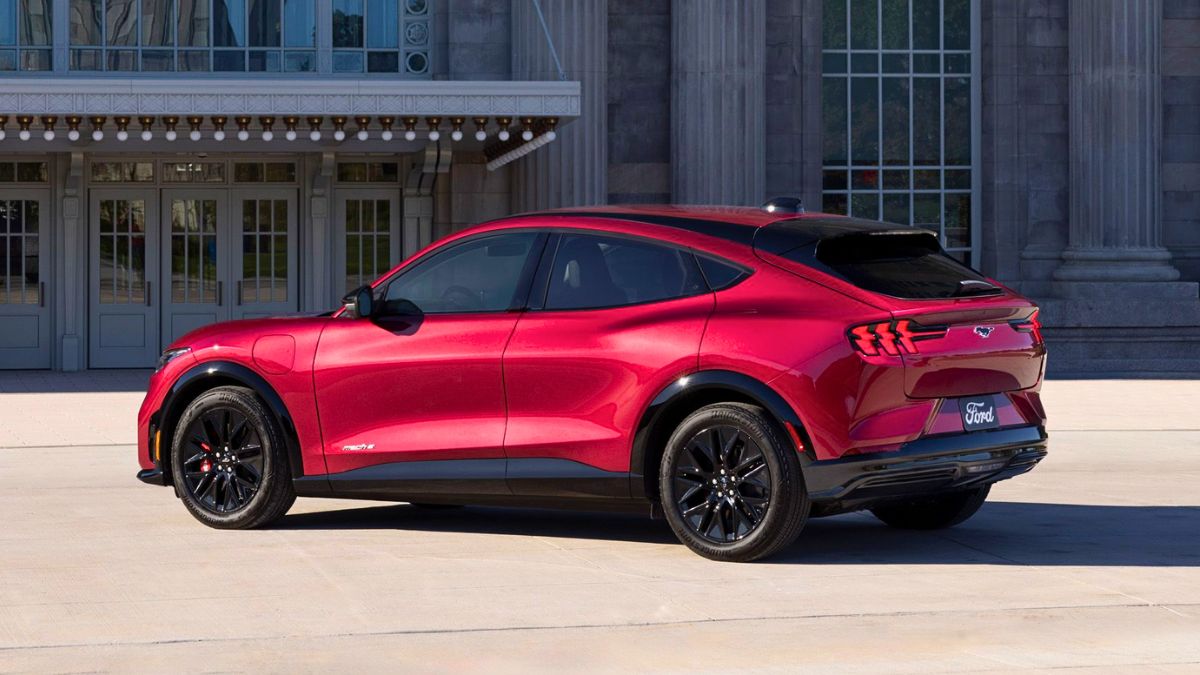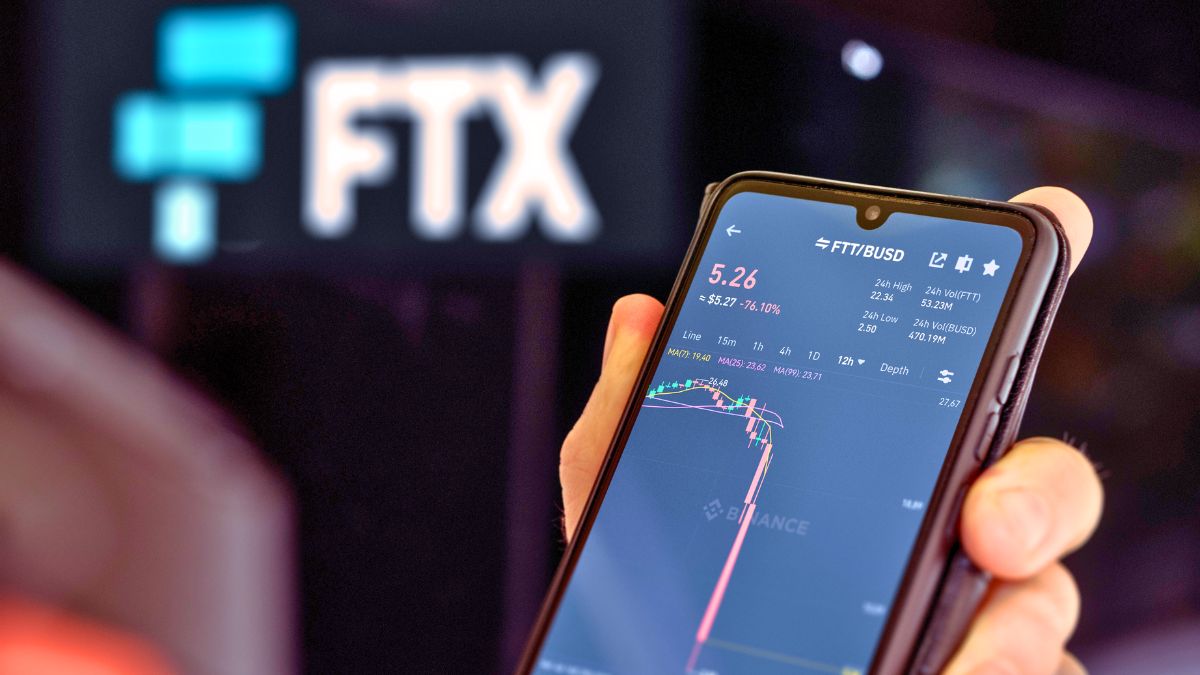Even the most respected car brands can’t avoid recalls, and this time, it’s BMW that’s under the spotlight. The German automaker is facing issues in its electric vehicle lineup due to a software fault that could cause a sudden loss of power. After complaints from the South Korean market, BMW has confirmed the problem and is taking action to fix it—though the solution is thankfully a simple one.
Background
BMW entered the electric vehicle market in 2013, inspired by Tesla’s early success and determined to remain at the forefront of automotive innovation. Known for its high standards in performance and luxury, BMW’s move into EVs was considered a natural step in its evolution.
From the BMW i3 to the i8 hybrid and the more recent i4 and iX models, the brand has steadily expanded its electric offerings. But despite its reputation for precision and excellence, even BMW is not immune to growing pains in the EV space.
What Went Wrong
According to the latest reports, a software coding issue in the electric motor control system is causing the high-voltage system to unexpectedly shut down. This leads to a complete loss of engine power while driving—an issue that poses both safety and reliability concerns.
Although BMW reportedly became aware of the problem as early as 2021, it was the wave of complaints from South Korea that finally prompted an official recall.
Affected Models
More than 70,000 vehicles are being recalled, including models produced at BMW’s Spartanburg, South Carolina plant. The specific vehicles impacted are:
- 2022–2024 BMW i4
- 2025 i4 eDrive35
- 2025 i4 eDrive40
- 2022–2024 BMW iX
- 2023–2024 BMW i7
- 2024 BMW i5
These models are part of BMW’s expanding EV lineup, aimed at competing in the premium electric market.
The Fix
Thankfully, the fix is a simple one. BMW will send out recall notices before August 2025, and affected customers will only need to download an over-the-air (OTA) software update. No physical visit to a dealership is required unless other issues arise.
This OTA update will reprogram the faulty electric motor software, resolving the voltage shutoff problem and restoring full engine function.
Brand Impact
For a company like BMW—known for its meticulous engineering, performance, and customer satisfaction—this is a major hiccup. Reliability is at the core of the brand’s identity, and recalls can dent consumer trust.
However, BMW’s quick response and minimal-disruption solution may soften the blow. They’ve acted fast, addressed the issue directly, and provided a clear fix without additional hassle for vehicle owners.
In the grand scheme, while the recall is embarrassing, it’s unlikely to cause long-term damage. The company’s proactive approach, transparent communication, and continued investment in quality control should help preserve its brand reputation.
Looking Ahead
This recall also serves as a reminder of the challenges that come with building and maintaining electric vehicles, especially as software becomes more central to automotive performance. It’s a rapidly changing space, and even top-tier manufacturers are still navigating the transition.
BMW will surely take this as a lesson and continue refining its EV development strategy. For now, owners of affected vehicles should keep an eye out for their recall notice and download the OTA update as soon as it’s available.
FAQs
Which BMW models are affected?
i4, i5, i7, and iX models from 2022 to 2025.
What causes the power loss issue?
A software coding fault in the electric motor system.
How is BMW fixing the problem?
Through an OTA (over-the-air) software update.
When will customers be notified?
By August 2025, BMW will contact affected owners.
Do I need to visit a dealership?
No, the update can be done remotely unless other issues arise.























